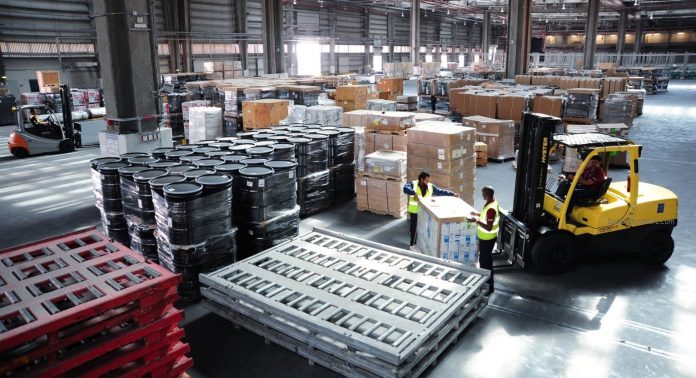
Dubai’s and the UAE’s economic diversification strategies are achieving their objectives, which reflect the country’s economic resilience and its ability to adapt to fluctuations in international markets.
Dubai’s trade sector continues to demonstrate strong performance and significantly contributes to the country’s economic growth. Trade is expected to play a crucial role in the national economy supported by the country’s highly efficient infrastructure.
Dubai further entrenched its strong standing in the global trading landscape and succeeded in boosting its international and regional position as a springboard for the trading of ICT products. This supports its progress in transforming itself into the world’s smartest city and a knowledge based economy as well as the UAE’s transition into a post-oil economy.
Despite the fluctuations in international trade in 2015, the slump in global markets and the decline in basic commodity prices, Dubai has diversified its foreign trade. The growth in trading of mobiles and computers was a significant part of this.
Phones represented the most traded commodity with a total value of AED 185 billion. This included all kinds of smart, mobile and land phones. Computers ranked sixth among traded commodities with a total value of AED 46 billion – a trading trend that validates Dubai’s status as a global and regional technology hub.
The foreign trade sector has no doubt been a key player in the UAE’s successful economic diversification, which saw the contribution of hydrocarbon to the nation’s GDP significantly dropping to just 30%.
Dubai Customs further improved its operational efficiency with an integrated array of trade facilitation services and streamlined processes which have significantly reduced the cost and time of trading through Dubai. As a result, the number of Customs transactions jumped to 9 million in 2015 and is expected to increase further over the coming years.






















![The Square at Nad Al Sheba Gardens Now Open hope tax season treated you well! Just checking in—ready to refocus on growing your business? I remember how we discussed scaling your [specific aspect of their business, e.g., online presence] but paused due to time constraints. We now offer a streamlined 6-month plan that delivers real results without adding to your workload. Let me know if you'd like to chat—I’d love to help you pick up where we left off!](https://www.dubaichronicle.com/wp-content/uploads/2024/11/The-Square-5-218x150.jpg)









